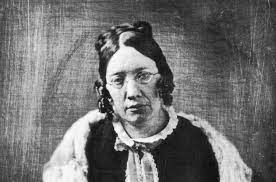KNOWLEDGE GAINED BY REASON AND EXPERIENCE
by
October 3rd, 2023
Audio Presented by

Trailblazing American educator, advocated female education and kindergarten integration.
About Author
Trailblazing American educator, advocated female education and kindergarten integration.
